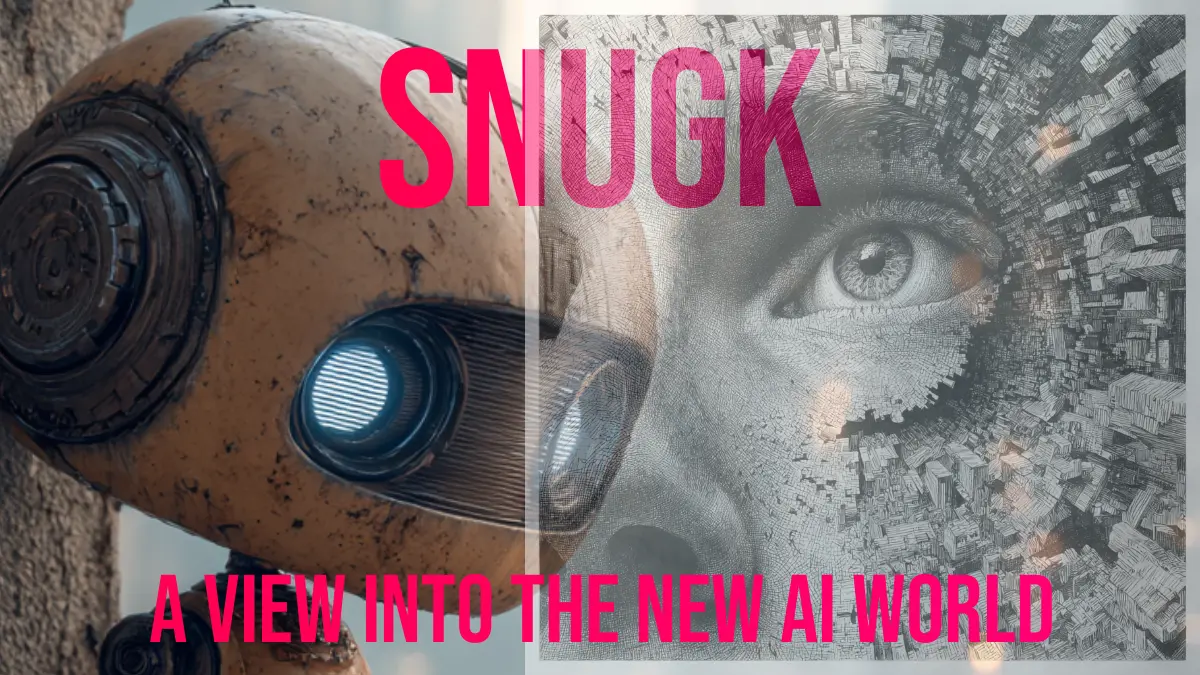Source: YouTube: The Icons - Peter Diamandis
In a world where technology evolves faster than we can keep up, the Moonshots podcast—hosted by visionary Peter Diamandis—serves as a vital compass. The most recent episode, titled “WTF Just Happened in Tech,” brings together Diamandis, investor Dave Blunden, exponential organizations expert Salim Ismail, and AI futurist Alex for an electrifying discussion on AI’s relentless march. From free video generators that rival Hollywood to predictions of lifespan-doubling biotech, this episode unpacks how we’re hurtling toward a singularity. If you’re a tech enthusiast, entrepreneur, or simply curious about the future, here’s a curated breakdown of the highlights—delivered with optimism and actionable foresight.
The Dawn of AI-Generated Creativity: Sora 2 and Beyond
Imagine creating a viral video of yourself on the moon or pumping iron with superhuman strength—all with a simple voice prompt. That’s the reality of OpenAI’s Sora 2, which the panel demos live, praising its physics-accurate simulations and ease of use. “The most shocking thing isn’t how real it is or how easy—it’s that it’s free,” Diamandis notes, highlighting partnerships like Meta’s Vibes app with Midjourney and Black Forest Labs.
This isn’t just fun; it’s transformative. The discussion shifts from social media’s content curation to on-demand generation, merging TikTok swipes with Hollywood production. Alex explains how video is becoming a “first-class modality” for AI, enabling new reasoning via visual models—like mentally simulating a pink elephant. For creators and businesses, this means disposable art and personalized media are here, democratizing tools once reserved for elites.
Coding Agents: The Path to Self-Improving AI
Anthropic’s Claude Sonnet 4.5 steals the spotlight as the “best coding agent available,” acing benchmarks like SWE-Bench at 82% and generating cyberpunk games in one shot. Blunden shouts out hybrid models like Blitzy, which hit 86.8% by combining AIs, while Alex warns of its bet on recursive self-improvement: “If code can write itself really well, that’s the critical path to an intelligence explosion.”
Real-time demos, like the “Imagine with Claude” app, show AI building interfaces on the fly—no pre-planning needed. This blurs development and execution, promising “every pixel generated” in a Jarvis-like future. Yet, safeguards matter: Sonnet reduces “lying and power-seeking” by 10x, a nod to ethical AI amid the race.
Monetizing the AI Boom: Ads, E-Commerce, and Trust
OpenAI’s push into ads for ChatGPT, led by new chief ad officer Fidji Simo, sparks debate. With $300B in Google ad revenue up for grabs, Dave cautions: “The AI is gonna be incredibly good at convincing you to do things, whether right or wrong.” Partnerships like Stripe enable instant checkouts via chatbots, projecting $142B in consumer purchases by 2025.
The panel envisions a post-ad world: AI companions scanning your gaze (via wearables) to buy directly, or managing “surprise budgets” for delights like custom toothpaste. But trust is key—ads could erode it, driving users to ad-free alternatives. Ismail adds a twist: AI might deflate margins by sourcing optimal products, disrupting giants like Amazon.
Benchmarks Reveal AI’s Real-World Power
Forget toy problems; new evals like OpenAI’s GDP-Val and Mercor’s APIX measure AI on 44 jobs across nine industries. Models like GPT-5 and Claude Opus near “expert quality,” 100x faster and cheaper than humans. “In the next six to twelve months, substantially all knowledge work could be superhuman,” Alex predicts, extrapolating straight-line progress.
23-year-old Mercor CEO Brendan Foodie’s APIX forecasts job impacts in law, medicine, and finance, making abstract AI tangible for policymakers. These tools aren’t just metrics—they’re roadmaps to abundance, automating circular economies like complex accounting and freeing talent for innovation.
Infrastructure Wars: Compute, Energy, and National Security
Sam Altman’s open letter on “abundant intelligence” calls for 10GW of compute to cure cancer or tutor globally—without trade-offs. OpenAI’s Stargate project eyes $500B and 250GW by 2033, dwarfing rivals’ spends. Leasing NVIDIA chips (e.g., OpenAI’s $100B deal) eases CapEx, but energy looms large: U.S. plans to extend coal plants for grid stability amid spiking demands.
Solar’s exponential rise—from 40GW in 2010 to 3TW today—offers hope, but Ismail lambasts experts’ linear predictions: “Every time solar goes vertical, they go horizontal.” Quantum computing lags without a “killer app,” but AI may solve math soon, risking crypto volatility. Geopolitically, U.S. “sovereign venture capital” bails out Intel (up 80% post-Trump deal), while China’s robot exports surge 1700% to Poland.
Robotics and the Humanoid Future
China’s robotic boom is globalizing, with emerging markets like Mexico (+275%) snapping up affordable bots. The U.S. lags due to supply chain gaps—Rod Brooks notes rebuilding it could take years. Waymo’s autonomy could prevent 33-39 U.S. deaths yearly, slashing 50% of court cases (car accidents).
Alex calls robots “GPUs on legs,” predicting sovereign ecosystems amid scarcity. Governments may bid for early units, spiking prices before abundance hits.
Longevity: Engineering a Longer, Healthier Life
Ending on hope, the panel spotlights Retro Biosciences’ RTR-242 pill, restarting brain recycling for Alzheimer’s, entering trials in 2025. China’s FOXO3 gene edits reduce aging by 3-5 years across 61 tissues. Diamandis, fresh from his Longevity Summit, predicts doubling lifespans via AI: “Escape velocity by 2030,” echoing frontier models.
With 730+ teams in XPRIZE Healthspan ($101M prize), breakthroughs in epigenetics and reprogramming are imminent. “Don’t die from something stupid,” Diamandis urges—stay healthy for the next decade’s miracles.
Why This Matters: Embrace the Exponential Mindset
This episode isn’t just news—it’s a wake-up call. AI’s hyper-exponential curve (80% weekly change) demands new benchmarks, mindsets, and policies. Recommendations like Charles Stross’s Accelerando (a singularity saga) and Ramez Naam’s Nexus trilogy (brain-cloud interfaces) fuel the fire.
As Diamandis wraps: “We’re living in the most extraordinary time… uplifting every man, woman, and child.” Optimism reigns, but action is key—subscribe to meta-trends newsletters, experiment with tools like Sora, and prepare for abundance. The future isn’t coming; it’s here. What will you build with it?
